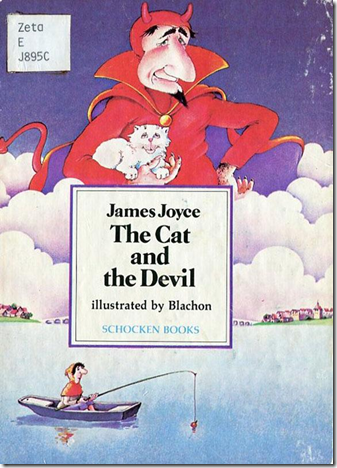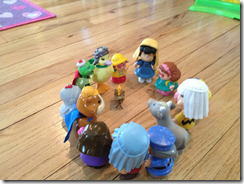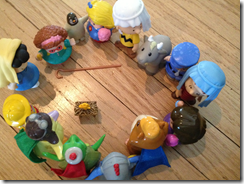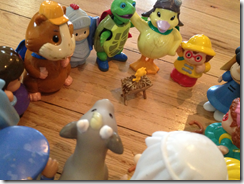Should I hope that my children struggle as much as I did?
/The Atlantic recently ran a piece entitled Why Parents Need to Let Their Children Fail. Written by a teacher, it describes a recent study that examined overparenting, a phenomenon characterized by a parent’s "misguided attempt to improve their child's current and future personal and academic success."
According to the the authors, parents guilty of this kind of overparenting "take their child's perception as truth, regardless of the facts," and are "quick to believe their child over the adult and deny the possibility that their child was at fault or would even do something of that nature."
As a teacher, I have seen a steep rise in overparenting during my fifteen year career. I have seen it with even greater frequency in the ways in which my friends and relatives are now raising their children.
As parents, I am relatively certain that Elysha and I are not guilty of overparenting. Our experience as teachers has taught us the value of high standards, uncompromising expectations and the need for children to find their own way. Struggle and tears are necessary for a child to learn, and we are not afraid to allow our children to experience these things in the road to becoming an adult.
But the rise of overparenting highlights an issue I have been struggling with ever since my first child was born:
How much struggle should I want for my children?
Any success that I have enjoyed over the course of my lifetime is the direct result of a childhood of underparenting and a lifetime of struggle. So much of my character, work ethic, resilience, self confidence and desire to achieve is the result of a childhood of filled with parental inattention followed by a decade that was marred by poverty, an armed robbery, an arrest and trial for a crime I did not commit, a brief stint with homelessness and the complete and total lack of assistance from anyone in the world save myself. I put myself through college, double majoring in education and English while working 45 hours a week managing a McDonald’s restaurant and 15 hours a week in the school’s Writing Center. While it wasn’t the best way to receive an education, I learned more through the struggle to achieve my degree than I ever learned within the walls of the classroom.
When someone asks my how I manage to accomplish so much, I often think back on the five years I spent in college and wonder why I am not doing more.
I would not be standing here today as a teacher, an author, a husband and a father had I not experienced those struggles earlier in life. My pipedream to “write for a living and teach for pleasure” is closer to realization than than ever thought possible, primarily because of the adversity that I have faced and the struggles that I have overcome.
While I often find myself envious of those who experienced idyllic childhoods and were not forced to scratch and claw their way through young adulthood, paying for college and wondering where their next meal might come from, I would not change a thing about my life if given the chance. I have seen the damage that overparenting can do to a person, and more importantly, I have experienced the value of intense struggle.
This leaves me wondering what I should do for my children. Despite our willingness to allow our children to struggle, I would never want Clara or Charlie to experience hardship to the degree that I did. I want to give my children the childhood that I never had. I want to offer them the support that they will need later on in life. I don’t want them to worry about paying for college. I don’t want them to experience homelessness or hunger. I never want them trapped in the maze of the criminal justice system, alone and confused and unsupported.
But these are the things that have allowed me to be successful. Take them away and I shudder to think what my life would be today.
My struggles and failures are my greatest assets. They have given me a perspective and a degree of self confidence that I cherish. They have made me the person I am today.
Knowing this, what is a father to do for his children?
While I understand the value of struggle and suffering, it’s crazy to wish the kind of struggles that I endured upon my children.
Right?
I want my children to grow up to be resilient, self confident, driven and grounded adults, but can this truly happen without facing truly mighty struggles and possible calamity?
I don’t know. This is my fear.














